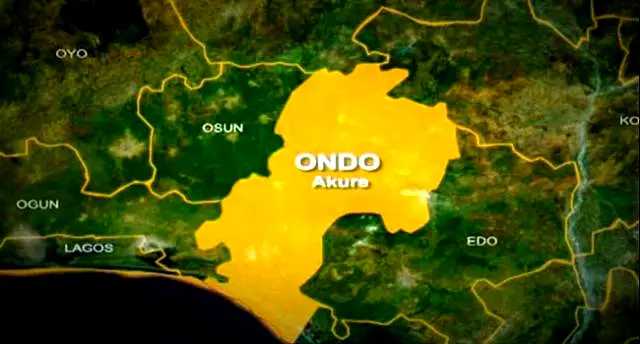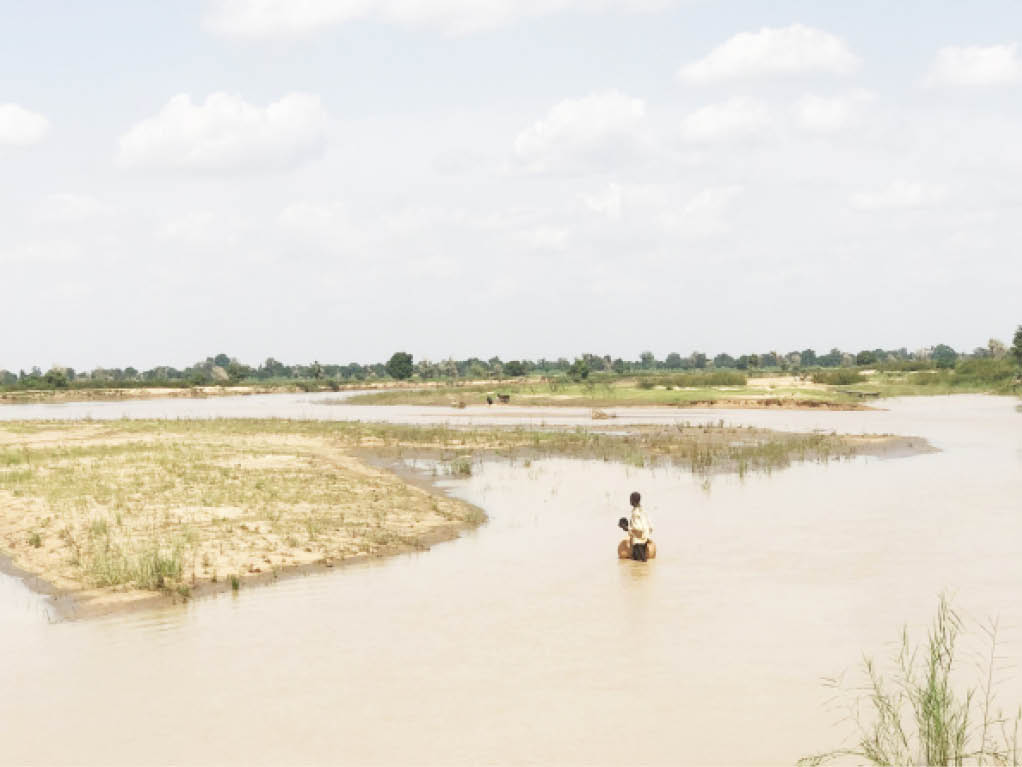The recent spread of the highly pathogenic Avian Influenza (bird flu) to Plateau and Katsina states is an alarming development that calls for urgent and coordinated action from the federal government. This outbreak, which started in Kano State, poses a significant threat not only to the nation’s poultry industry but also to public health and the economy.
According to reports, the Plateau outbreak was recorded in a farm in Farin Gada, Jos North Local Government Area, where over 3,000 birds were affected. Disturbingly, the infected birds had been sold before veterinary officials could conduct depopulation, decontamination, and disinfection. Such lapses highlight the weaknesses in our containment measures and the need for swift intervention to prevent further spread.
Bird flu outbreaks are not new to Nigeria. The country has experienced several waves of Avian Influenza in the past, often with devastating consequences for poultry farmers and the economy. However, the re-emergence of this disease underscores the need for improved preparedness and response mechanisms.
First, the economic impact of bird flu cannot be overstated. Poultry farming is a significant component of Nigeria’s agricultural sector, providing livelihoods for millions of Nigerians. A widespread outbreak could lead to massive losses for farmers, higher poultry prices, and a ripple effect on the cost of food nationwide.
Second, bird flu poses a potential public health risk. While the disease primarily affects birds, certain strains of the virus can infect humans, leading to severe illness or even death. The longer the virus remains unchecked, the greater the risk of cross-species transmission, especially in areas where biosecurity measures are weak.
Third, the delay in addressing outbreaks can exacerbate the problem. The Plateau incident illustrates this point vividly. The sale of infected birds before veterinary intervention likely exposed countless individuals to the virus and increased the risk of its spread to other farms. Without immediate and decisive action, similar scenarios could play out in other states, compounding the crisis.
What must be done
The federal government must take several critical steps to contain this outbreak and prevent future occurrences:
In conclusion, the spread of bird flu to Plateau and Katsina states is a wake-up call for the federal government to step up its efforts to contain this disease. Poultry farming is a vital part of Nigeria’s economy and food security, and the livelihoods of millions depend on it. A proactive and coordinated approach, backed by adequate funding and political will, is essential to curtail the spread of bird flu and safeguard the nation’s poultry industry. The time to act is now.
Ahmed, an agripreneur wrote from Utako, Abuja










